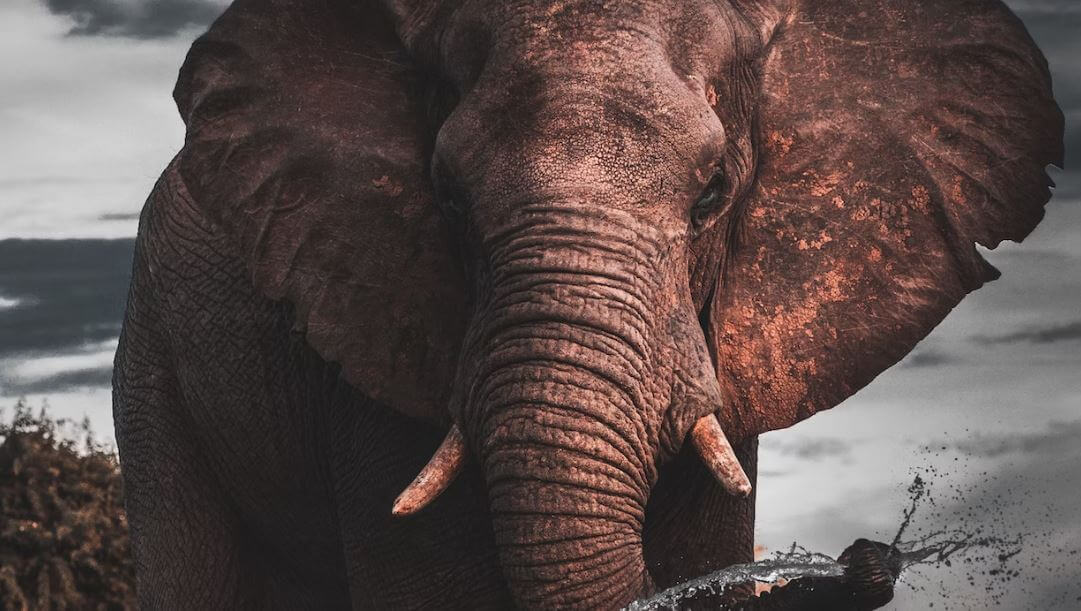Izithakazelo zakwa Ndlovu (Ndlovu Clan Names or Ndlovu Clan Praises) are traditional praise names used to honor and identify individuals or clans within the Ndlovu ethnic group, which is primarily found among the Nguni-speaking people of Southern Africa, including the Zulu, Swazi, and Ndebele. These praises often include references to historical figures, important events, and characteristics associated with the clan.
Izithakazelo zakwa Ndlovu, Ndlovu Clan Names, Ndlovu Clan Praises
Here are some examples of Ndlovu Clan Names or Praises:
Gatsheni,
Boya benyathi, obusonga busombuluka,
Mpongo kaZingelwayo,
Nina bakwaNdlovuzidl’ekhaya, ngokweswel’abelusi,
Zaze zeluswa intombi uDemazane,
Nina bakwaKhumbul’amagwala,
Nina bakwaDemazane Ntombazana,
Nina bakwaS’hlangu sihle,
Mthiyane,
Ngokuthiy’amadoda emazibukweni,
Nina bakwaMdubusi!
These praises celebrate the Ndlovu clan’s history and heritage and serve as a way to connect individuals to their ancestral roots and lineage. They are an important part of the cultural identity and oral tradition of the Ndlovu people, as well as the broader Nguni-speaking communities in Southern Africa.
The Importance Of Ndlovu Clan Names
Ndlovu Clan Names, or izithakazelo zakwa Ndlovu, hold significant importance within the cultural and social context of the Ndlovu people and the broader Nguni-speaking communities of Southern Africa. Here are some reasons why Ndlovu Clan Names are important:
- Cultural Identity: Ndlovu Clan Names are a fundamental aspect of an individual’s cultural identity. They provide a sense of belonging to a specific clan and help individuals understand their place within their community and the broader society. This fosters a deep connection to their cultural heritage.
- Ancestral Link: These clan names often contain references to the lineage and ancestry of the Ndlovu clan. By knowing and using these names, individuals maintain a strong connection to their ancestors and their shared history. Ancestral ties are highly valued in many African cultures.
- Unity and Solidarity: Clan names help foster a sense of unity and solidarity among clan members. They provide a common thread that binds people together, promoting cooperation, mutual support, and a shared sense of responsibility for one another’s well-being.
- Oral Tradition: Ndlovu Clan Names are an integral part of the rich oral tradition in African cultures. The passing down of clan names from one generation to the next through storytelling and recitation ensures the preservation of the clan’s history and traditions. This oral tradition is essential in keeping the culture alive.
- Respect for Ancestors: Clan names often include references to respected historical figures and leaders within the clan’s history. These names command respect and honor the achievements and contributions of past leaders and ancestors. This respect is crucial for maintaining cultural values and traditions.
- Cultural Pride: Knowing and using clan names instills a sense of cultural pride in individuals. It allows them to celebrate their unique cultural identity and history. This pride is vital in the face of external influences and globalization, helping to preserve and promote the culture for future generations.
- Conflict Resolution: In some cases, clan names can play a role in conflict resolution. Traditional leaders and elders may use shared heritage and ancestry represented by clan names to mediate and resolve conflicts within the clan or between clans.
- Ceremonies and Celebrations: Ndlovu Clan Names are often invoked during important cultural ceremonies and celebrations, adding depth and significance to these events. They reinforce the cultural and spiritual aspects of these ceremonies and celebrations.
In summary, Ndlovu Clan Names are more than just words; they are a living tradition that plays a vital role in preserving culture, fostering a sense of identity, and maintaining social cohesion within the Ndlovu clan and the broader Nguni-speaking communities of Southern Africa. They serve as a testament to the enduring significance of oral traditions and cultural heritage in Africa.
Image Courtesy: Unsplash
